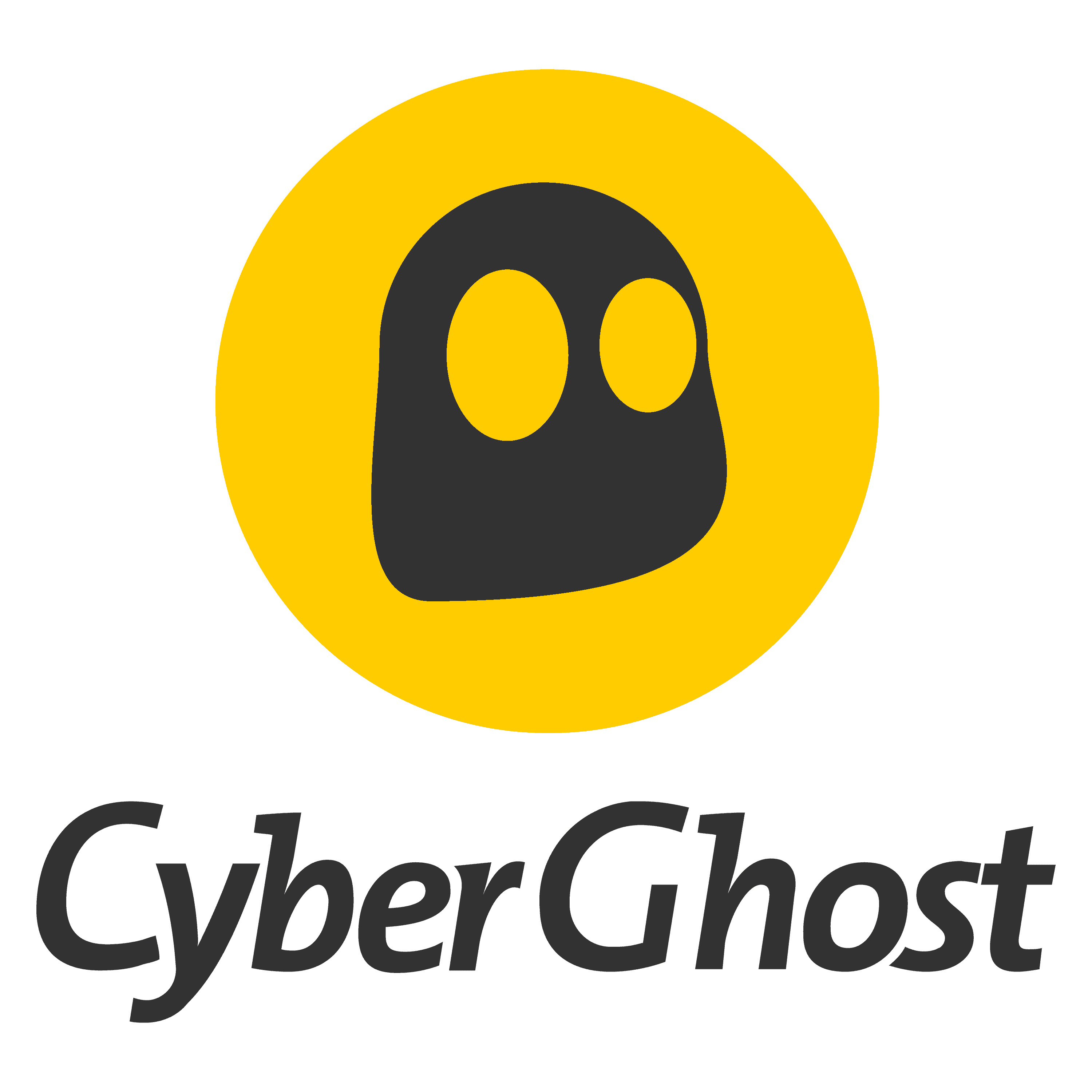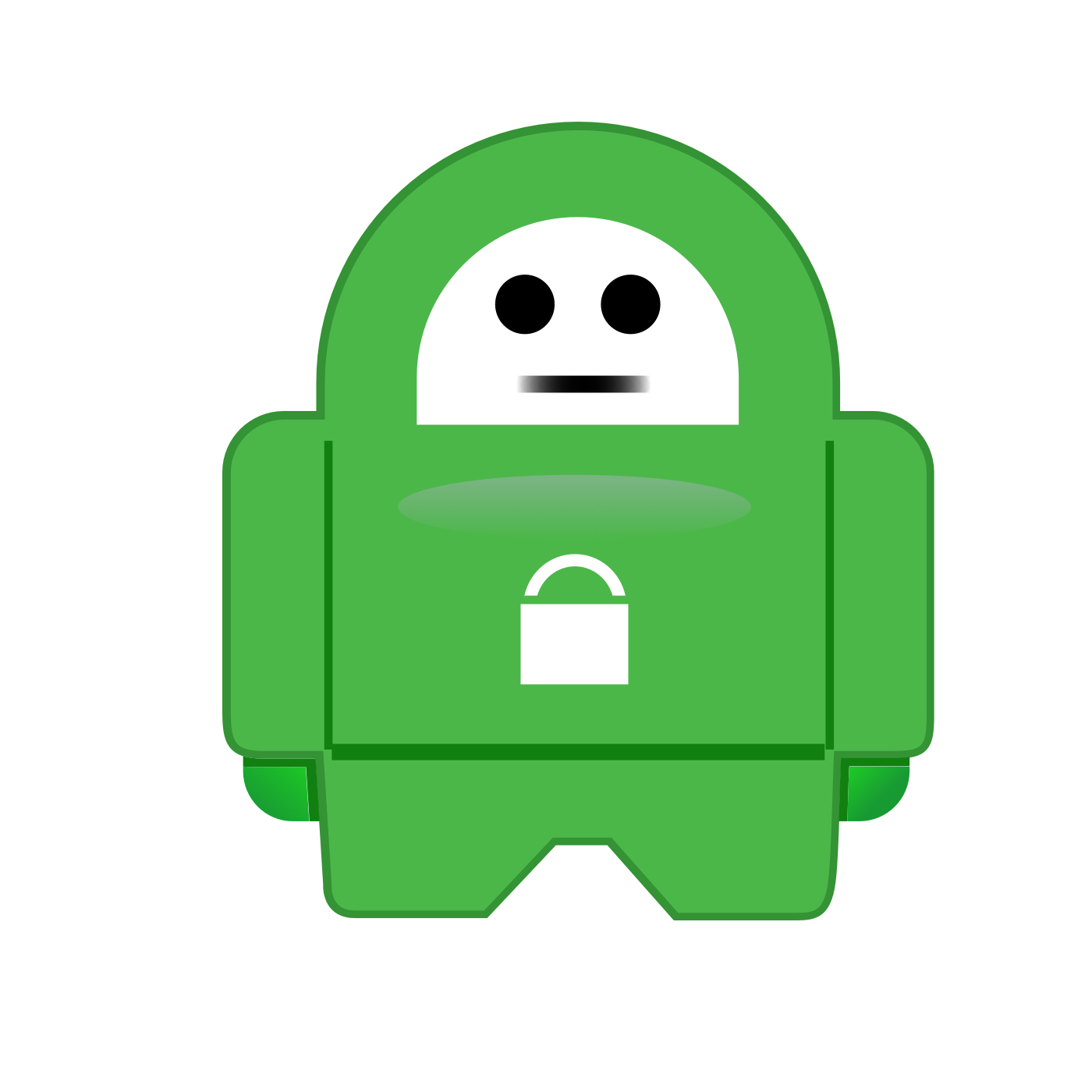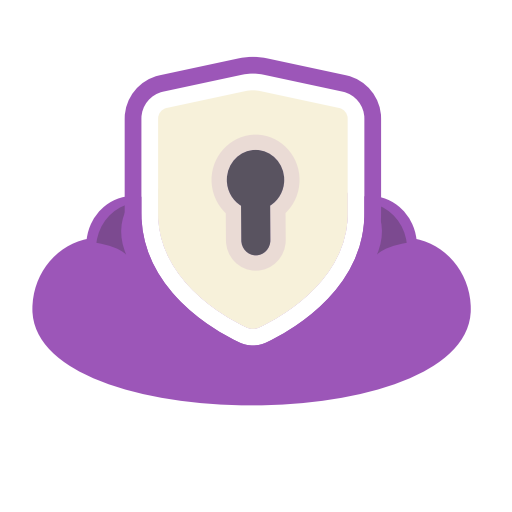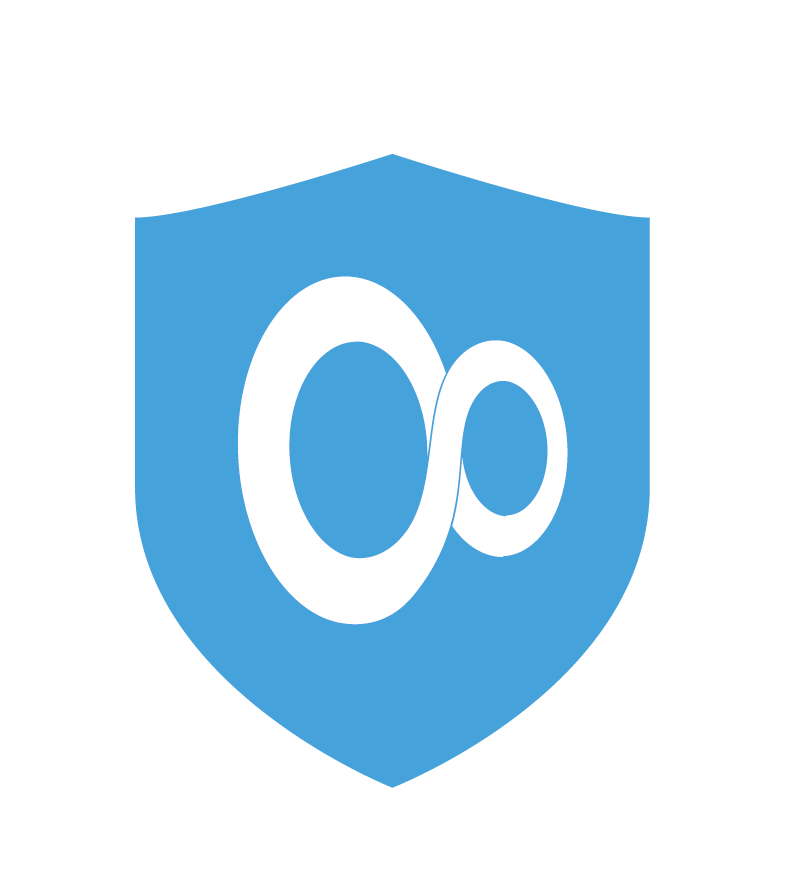VPN
VPN software is an important tool for protecting your privacy and security online. There are many different types of VPNs available, each with its own set of pros and cons. It is important to carefully consider these factors before choosing a VPN software solution that meets your needs.
CyberGhost VPN
- Easy to use
- 45 days Free Trail
CyberGhost VPN is well-known and popular VPN provider. It is easy to use and has a 45 day trail period.
ExpressVPN
- privacy protection
- speed
ExpressVPN is one of the fastest VPN providers and has 3000+ VPN servers in 160 locations in 94 countries.
IPVanish
- Privacy
- Unlimited connections
IPVanish is a premium provider with a large network and is one of the largest players in the market.
NordVPN
- +5000 servers
- 6 connections
NordVPN is a Panama-based VPN service that has been in operation since 2012. The company has servers located in over 60 countries and is one of the most popular VPNs on the market.
Private Internet Access
- Largest VPN network
- Connect 10 devices
Make 10 simultaneous VPN connections with Private Internet Access VPN software. PIA has the largest VPN network.
PrivateVPN
- Best pricing
- Connect 10 devices
A fast growing private VPN worldwide. Stay private and enjoy the entire internet at lightning speeds with the safest and most affordable VPN provider.
PureVPN
- 300,000 IPs
- 31-day money-back
PureVPN is a premium service that operates 6000+ servers in 70+ countries. It offers unlimited bandwidth, P2P compatibility, and high-end military-grade encryption.
Surfshark
- unlimited connections
- free antivirus
Surfshark is a good and affordable VPN service. It has unlimited simultaneous connections.
VPN Unlimited
- Lifetime subscription
- 10 connections
Get Unlimited internet access with good looking software. 5 connections for gaming, streaming and downloading
What is a VPN and what does it do
A VPN, or Virtual Private Network, is a type of network that allows users to access restricted or sensitive information securely. Typically, these networks are used in corporate settings to allow employees access to proprietary databases and other systems.
However, VPNs can also be useful for individuals who want to protect their online privacy. By routing all of your internet traffic through a securely encrypted connection, a VPN creates a virtual wall between your data and anyone that might be trying to spy on you.
Additionally, since the IP address associated with your device can be changed with a VPN server, it can help you mask your true location while browsing the web. So whether you're working remotely on sensitive material or just want to keep your browsing habits away from prying eyes, a good VPN is an essential tool for staying safe online.
How to use VPN software to protect your privacy
VPNs, or virtual private networks, are an essential tool for protecting your privacy online. Essentially, a VPN uses encryption to securely tunnel your internet connection and protect your data from prying eyes. This can be especially important when you are using public wi-fi hotspots or other open networks, where it is easy for hackers or other malicious users to intercept your information. To use a VPN effectively, you simply need to install the software on your computer and then connect to the service of your choice.
With just a few clicks, you will have access to a secure network that will help keep your personal data safe and private. Beyond simple browsing and email, VPNs can also be used for online banking and shopping as well as streaming video content from sites like Netflix and Hulu. Whether you are concerned about threats from hackers or want to take advantage of the benefits of virtual private networks, investing in this type of software is an important step in protecting your privacy online.
Private internet access
Private internet access is a very important tool that can keep your information safe from prying eyes. It is a way to make sure that only you and the people you want to have access to your information can see it. There are many ways to get private internet access, but the most common way is to use a VPN. A VPN, or virtual private network, can encrypt your traffic and route it through a server in another location.
This makes it very difficult for anyone to snoop on your activities or steal your data. In addition to using a VPN, you can also use encryption to protect your data. Encryption scrambles your data so that it can only be decrypted by someone with the correct key. This makes it virtually impossible for anyone to read your data if they manage to intercept it. Private internet access is vital for anyone who wants to keep their information safe from hackers and government surveillance.
The benefits of using VPN connections
A Virtual Private Network, or VPN, is a powerful tool that can be used to enhance your online security and privacy. By masking your IP address and routing all of your internet traffic through an encrypted tunnel, a VPN gives you much greater control over who can access and view your online data.
Furthermore, because it hides your location and browsing history from third parties and cybercriminals, a VPN can help to keep you safe from various types of online threats such as malware, phishing scams, and identity theft. Overall, the benefits of using a VPN make it an essential tool for anyone who wants to stay safe and secure while surfing the web.
The drawbacks of using a VPN
While VPN connections are often touted as being the perfect way to browse the internet anonymously and securely, there are some drawbacks to using a VPN that users should be aware of. First and foremost, a VPN connection can slow down your internet connection speed, as your data has to travel further and is encrypted, which takes up extra time.
Additionally, not all VPN servers are created equal, and some do not have a good reputation for being reliable or secure. Finally, using a VPN can sometimes be tricky, as you may need to change settings or connect to a different VPN server if you want to access certain websites or streaming services. Overall, while VPNs offer many benefits, there are also some potential downsides that users should keep in mind before signing up for a service.
How to choose the right VPN software
When it comes to online privacy and security, a VPN is one of the most effective tools that you can use. But with so many different VPN software options available today, it can be challenging to choose the right solution for your needs. Here are a few factors to consider when selecting your VPN software:
VPN reviews
First, look at reviews and ratings from other users. A reputable VPN should have plenty of positive reviews―and preferably some negative ones as well. This can help you get a sense of whether or not the service is reliable and provides the level of protection that you need.
VPN platform
Second, pay attention to usability and platform support. You will want to make sure that your VPN software is easy to install and use across all of your devices, including computers, tablets, and smartphones. Look for basic features like automatic connection activation, customizable encryption settings, and protocol options for different types of traffic. And be sure to check if your preferred server locations are supported by the software as well.
Choose right
In short, choosing the right VPN software requires that you carefully evaluate both its technical capabilities and its accessibility for all of your devices. With careful consideration and some research, however, you should be able to find an excellent solution that meets your needs.
How to install VPN software on your device
There are many different types of VPN software available, each with its own set of pros and cons. One important factor to consider when choosing a VPN is compatibility with your device. Before installing any software, you should check that it is compatible with the operating system on your device. For example, if you have an Android or iOS device, you will need to look for VPNs that support those platforms. You should also be sure to carefully follow the instructions for installing the software, as improper installation can affect its performance and security.
Once you have installed a VPN onto your device, it is important to take the time to learn how to use it effectively. This involves configuring your settings and adjusting them as needed based on your browsing habits and security needs. Some general rules that you should keep in mind include using strong passwords and opting for a more open network when possible. Overall, learning how to use a VPN can help ensure that your personal information stays private and secure at all times.
Free VPN server
There is a lot of debate over whether or not free VPNs exist. Some people argue that because you have to pay for the service, you cannot get a truly free VPN. However, others claim that there are actually many free options available, as long as you know where to look. For example, some VPN providers offer free trials or basic accounts that provide limited access to their service but no charge.
Additionally, there are also several online resources and tools that can help users to establish their own VPNs for free by leveraging public Wi-Fi networks and virtual hosting services. So while it may not be possible to get a completely free, unlimited VPN subscription, there are still many options available for those looking to maintain some degree of digital privacy at no cost.
Which free vpn do you prefer? Do you believe they protect your privacy well? Or do they come with other issues facing? Explain your reasons in details please. In general I think using the paid version is better than using freeware since it has more functions and stable performance especially when we come in complex network network environment like bank or hospital etc.. Free VPN services on the other hand tend to lack features like high speed and flexible encryption protocol selection so I doubt having reliable security.
The best VPN software
There are many different types of VPNs, and choosing the best one depends on your needs. Some factors to consider include speed, security, and price. For example, if you need a VPN for streaming video, you will want one with high speeds and low latency. On the other hand, if you need a VPN for online banking, you will want one with robust security features. No matter what your needs are, there is a VPN that can help you stay safe and secure online.










